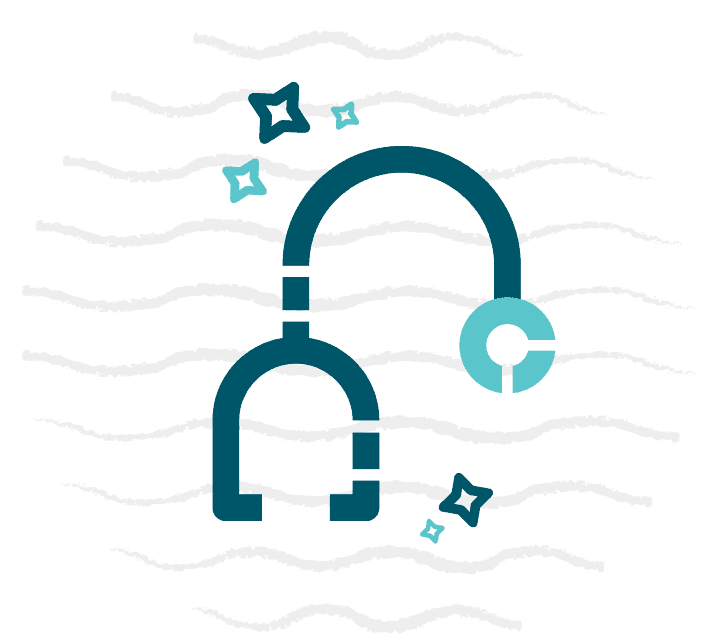If you or someone you know is in the hospital as an inpatient, chances are you or he/she may be seen by a hospitalist — a specialist in inpatient medicine who cares only for patients in the hospital. He or she typically spends most of the workday in the hospital and is more readily available to you than physicians who are seeing patients in their offices. The hospitalist has no responsibilities outside of the hospital, enabling him or her to focus exclusively on care for the hospitalized or acutely ill patients.

What Does a Hospitalist Do For You?
Most hospitalists are board certified in internal medicine (internists) or family medicine. They work alongside other specialists who may be involved in your care, ordering tests and procedures and monitoring your condition, ensuring a fast response or change of treatment if your condition changes. You may wonder why your primary care physician is not in the hospital to oversee your care, whether he or she knows you are in the hospital, and if he or she will be updated about your care. Hospitalists work with your physician to obtain important medical history and discuss treatment plans as necessary. Upon discharge, your physician will receive a complete summary of your hospital stay, test results and other relevant follow-up information.
Our Services
Services provided by our hospitalists include:
- Admission-to-discharge care of medical patients over 16 years of age
- Medical consultation on surgery, psychiatry and other non-medical services
- Critical care unit care for patients with a primary medical condition
- Admitting and caring for medical subspecialty cases with consultative back-up
Frequently Asked Questions
What is a Hospitalist?
A hospitalist is a specialist in inpatient medicine whose practice is dedicated exclusively to providing care to patients while in the hospital. This means that the hospitalist can focus all of his or her attention on patients who are hospitalized and is more readily available than a physician who is seeing patients in his/her office outside of the hospital.
Most hospitalists are board certified in internal medicine (internists) or family medicine. Some are medical subspecialists who have chosen to focus on inpatient hospital work, such as intensive care physicians (intensivists), lung doctors (pulmonologists) or kidney doctors (nephrologists).
Do hospitalists replace my primary care physician?
Hospitalists do not replace your primary care physician. They work with your physician and other specialists as needed to ensure that you receive the best possible care and treatment. The physicians communicate with one another and encourage patients to follow up with your primary care physician after discharge from the hospital.
How does my primary care physician know about my hospital stay?
Hospitalists at CRMC will work closely with your primary care physician, including notification of admission and discharge. Our hospitalists also help to ensure that patients follow up with your personal physician to promote continuity of care.
What are the benefits of hospitalist care?
Our hospitalists work as a team to provide 24/7 care to patients in the hospital. They are more readily available to respond to hospitalized patients’ needs that often include conditions, symptoms or situations that are unpredictable. Hospitalists are immediately available if a medical emergency or a change in your condition arises. They also will discuss your care with specialists as needed to create a coordinated care plan. They will review and follow up on test results, assess your response to treatment, and make care adjustments when necessary to facilitate a speedy recovery.
What should I do after discharge?
After you are discharged from the hospital, follow up with your primary care physician or other specialists as instructed. Your primary care physician will review your health status and reconcile your medication list to ensure a safe transition.
Hours
24 Hours a Day, Seven Days a Week
Location
Main hospital
Contact
Telephone: 256-737-2000
